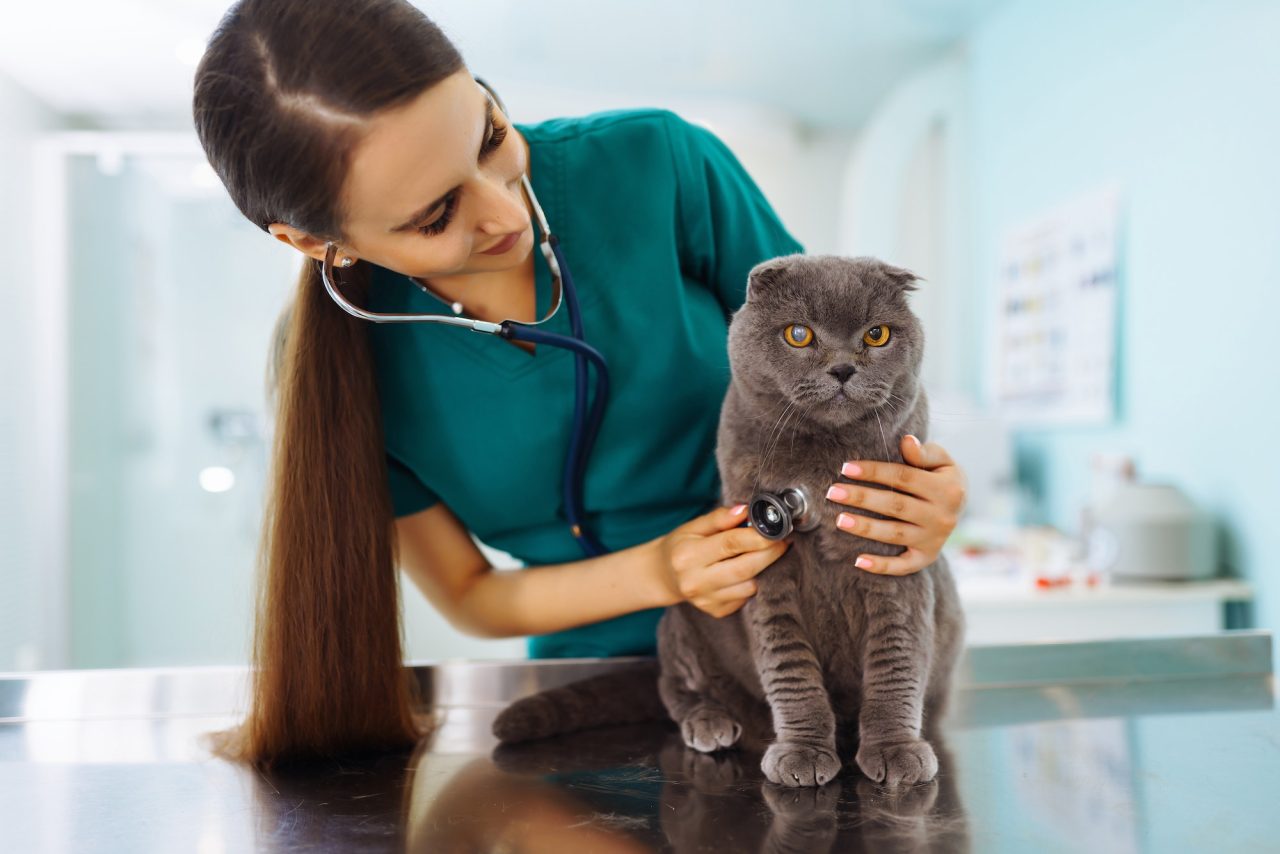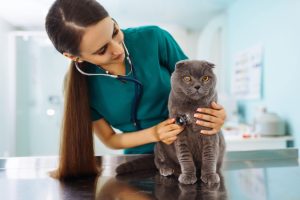Proper hydration is crucial for maintaining your cat’s overall health and well-being. Just like humans, cats require an adequate intake of water to support essential bodily functions. In this article, we’ll dive into the importance of hydration for your feline friend, signs of dehydration to watch for, and practical strategies to ensure your cat stays properly hydrated.
1. The Significance of Hydration Understanding why hydration matters is the first step. Explore the role water plays in maintaining your cat’s temperature, aiding digestion, and supporting vital organ function.
2. Detecting Dehydration Learn to recognize the subtle signs of dehydration, including dry gums, loss of skin elasticity, and reduced urination frequency. Prompt detection is key to preventing health complications.
3. Factors Affecting Hydration Explore factors that influence your cat’s water intake, such as diet, age, activity level, and health conditions. Tailoring hydration strategies to your cat’s unique needs is essential.
4. Choosing the Right Water Source Discover whether your cat prefers still water, running water, or a combination of both. Invest in cat-friendly water bowls and fountains to encourage regular drinking.
5. Wet Food Benefits Uncover the advantages of incorporating wet cat food into your cat’s diet. The higher moisture content in wet food can significantly contribute to their overall hydration.
6. Hydration through Treats and Snacks Learn how to include hydrating treats in your cat’s routine, whether it’s ice cubes, water-rich fruits, or specially formulated cat treats that promote hydration.
7. The Importance of Freshness Cats are sensitive to the freshness of their water. Discover simple tips to ensure the water in their bowl remains clean, fresh, and appealing.
8. Mealtime Hydration Tactics Explore how to increase your cat’s water intake during mealtimes, such as mixing wet food with water or incorporating water-rich ingredients.
9. Encouraging Hydration through Play Incorporate play into your cat’s routine to stimulate thirst and encourage them to drink more water. Interactive playtime can be an effective way to keep them hydrated.
10. Monitoring and Adjusting Regularly assess your cat’s water intake and overall hydration levels. Make adjustments to their routine as needed to ensure they remain adequately hydrated.
Conclusion: Ensuring your cat’s hydration is a fundamental responsibility of pet ownership. By prioritizing proper hydration, you’re contributing to your cat’s longevity, energy levels, and overall quality of life. Keep a watchful eye on their water intake, make adjustments to their diet and routine, and consult your veterinarian if you have concerns. With your care and attention, you can keep your beloved feline companion properly hydrated and thriving.










